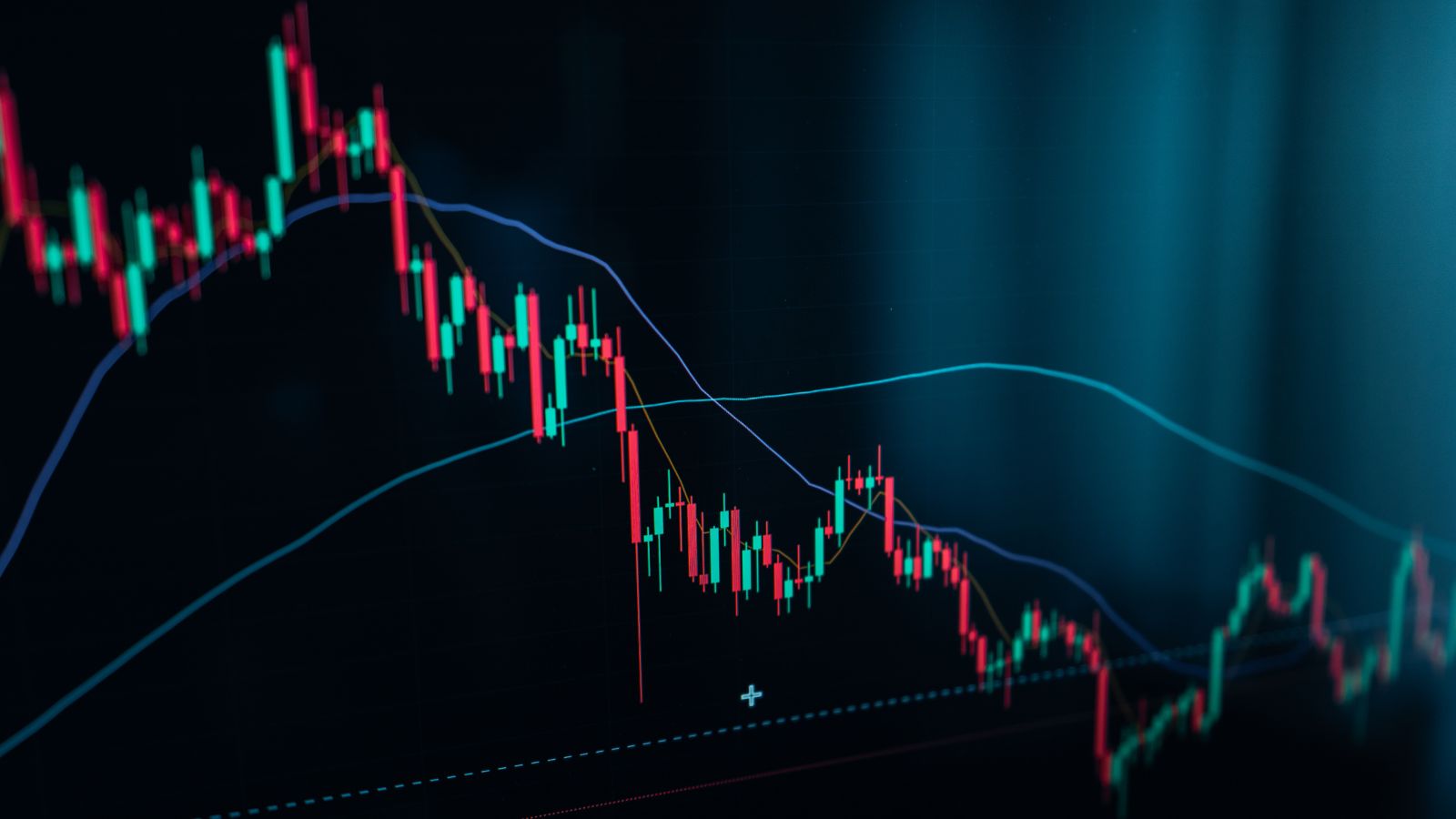
Introduction
As the cryptocurrency market continues to evolve, regulatory frameworks are becoming increasingly significant. Governments and financial watchdogs worldwide are imposing new rules to ensure security, transparency, and anti-money laundering compliance in digital asset exchanges. This shift has profound implications for crypto swap services like Swapzone.
Understanding Crypto Swap Services
Crypto exchange services allow users to exchange one cryptocurrency for another without the need for centralized exchanges. Platforms like Swapzone aggregate offers from multiple providers, enabling seamless and often anonymous swaps. However, with stricter regulations, the industry is undergoing significant changes.
Regulatory Landscape And Its Impact
1. Know Your Customer (KYC) And Anti-Money Laundering (AML) Compliance
One of the most significant changes in the crypto landscape is the enforcement of KYC and AML policies. While decentralized swap platforms previously allowed users to remain anonymous, regulators now demand identity verification to curb illicit activities.
2. Increased Oversight And Licensing Requirements
Many countries require crypto service providers to obtain specific licenses to operate legally. This includes compliance with the Financial Action Task Force (FATF) guidelines, which mandate stricter monitoring of transactions.
3. Geographic Restrictions
Due to regulatory concerns, some crypto swap services may restrict access in certain jurisdictions. This is evident in the United States, where some platforms block users from specific states with stringent regulations.
How Swapzone Adapts To Regulatory Changes
Despite these regulatory shifts, Swapzone continues to offer seamless crypto swapping services while ensuring compliance with necessary laws. Here’s how:
- Partnering with licensed exchange providers.
- Providing options for both KYC-required and non-KYC swaps, depending on jurisdiction.
- Maintaining transparency regarding service availability in different regions.
The Future Of Crypto Swap Services Under Regulation
Regulation is shaping the future of the crypto industry, and swap services must adapt to survive. While stricter laws may limit some aspects of anonymity, they also bring credibility and security to the sector. Users can expect more regulated, safer, and legally compliant platforms in the coming years.
Conclusion
As regulations evolve, crypto swap services like Swapzone must balance compliance with user demands for privacy and convenience. By staying informed and adapting to legal requirements, Swapzone ensures its users can continue to enjoy fast, secure, and reliable crypto exchanges.









